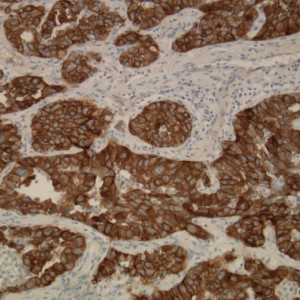Cytokine Storms a-brewing… (Part 2)
Cytokine Storms a-brewing… (Part 2) Considerations for CRAs? This is Part 2 of our series, “Cytokine Storms a-brewing…”. Miss Part 1? Catch up here. When are cytokine release assays (CRA) required? In the case of TGN1412, the biologic was an antibody. However, any product- whether a large biological molecule or small chemical- that has the potential to interact with the immune system should be tested. Furthermore, products targeting membrane-bound antigens could pose a higher risk for promoting cytokine release. Given that cancer immunotherapy is an increasingly popular field and many of its targets modulate the immune system, the products designed [...]


